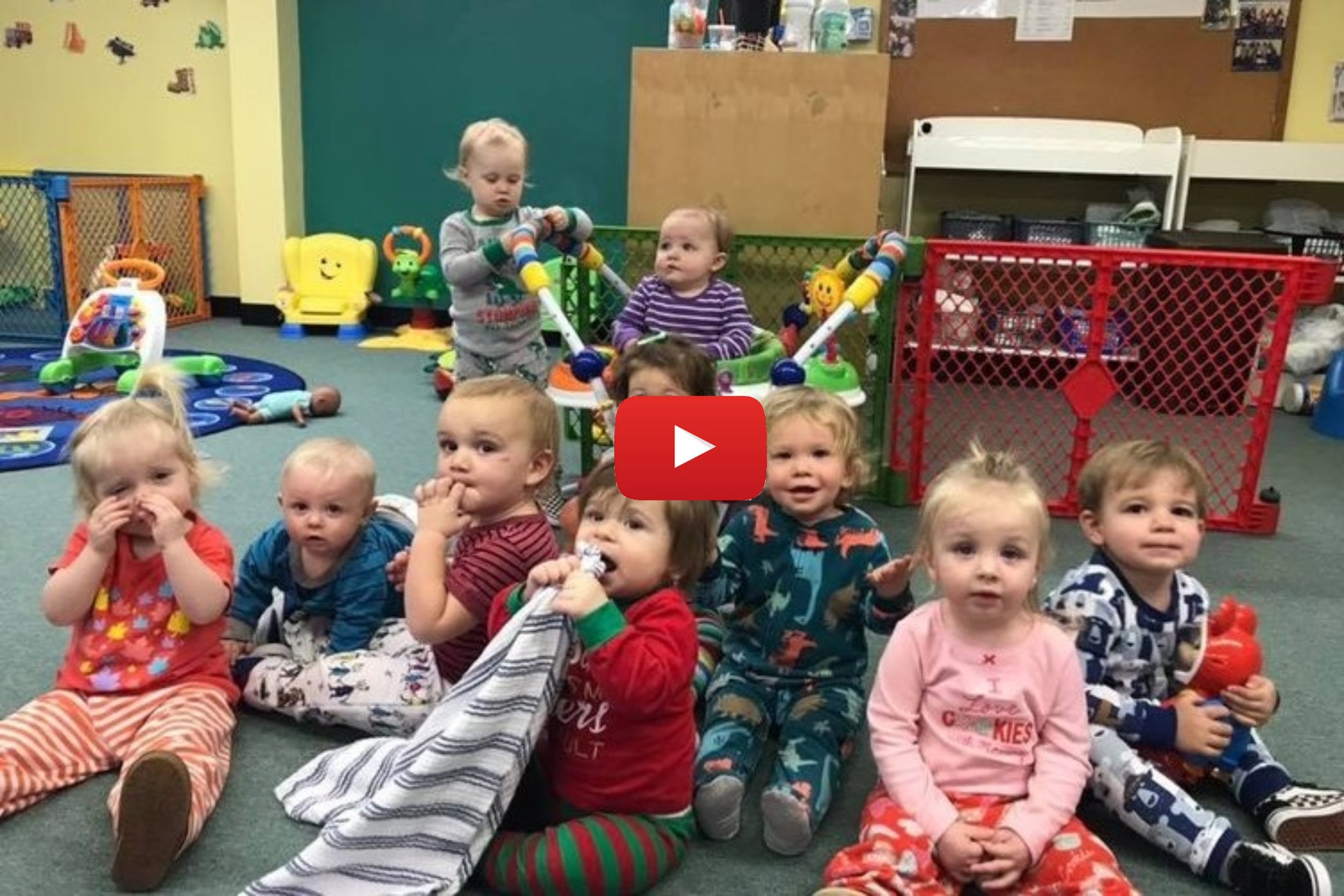The Impact of COVID-19 on Child Care
By Katharine B. Stevens
CONGRESSIONAL TESTIMONY
February 19, 2021
Testimony submitted to the House Appropriations Committee, Subcommittee on Labor, Health and Human Services, Education, and Related Agencies on “COVID-19 and the Child Care Crisis.”
INTRODUCTION
Chairwoman DeLauro, Ranking Member Cole, and members of the subcommittee, thank you for the opportunity to testify today on the crucial issue of child care. My name is Katharine Stevens and I am a scholar at the American Enterprise Institute, a nonpartisan think tank in Washington, DC, where I focus on early learning and development policy. This testimony reflects my own views and not those of any organization with which I am affiliated. It is an honor to be here today.
President Biden’s $1.9 trillion “American Rescue Plan” includes $40 billion in additional Child Care Development Block Grant (CCDBG) funding along with huge increases in the Child and Dependent Care Tax Credit, described as addressing “an acute, immediate child care crisis in America.” In my testimony, I make four main points regarding this part of the “Rescue Plan”:
First, according to the most current, reliable evidence, no extreme, pandemic-caused crisis in child care exists. The magnitude of proposed spending far exceeds what we know to be the pandemic’s effects on the child-care sector.
Second, legislation establishing special “child care stabilization” funding separate from CCDBG accomplishes no unique ends with respect to stabilizing child care. Rather, it serves to diminish state leadership and flexibility, while creating specialized new state administrative structures focused specifically on building the child-care industry, rather than meeting the needs of families and children.
Third, the plan fails to target the families and child-care providers who are truly struggling, while disproportionately benefitting much more affluent families.
Finally, while the plan is presented as an emergency response to fallout from the pandemic, in fact its primary aims appear to be to advance preexisting advocacy goals: leveraging pandemic recovery funds to carry out a “trial run” of universal child care and laying substantial groundwork for a major, permanent expansion of government-funded, nonparental care.
WATCH THE HEARING:
See Also
Op-Ed ~ May 29, 2020
Event ~ March 2, 2021
Blog ~ March 4, 2021




